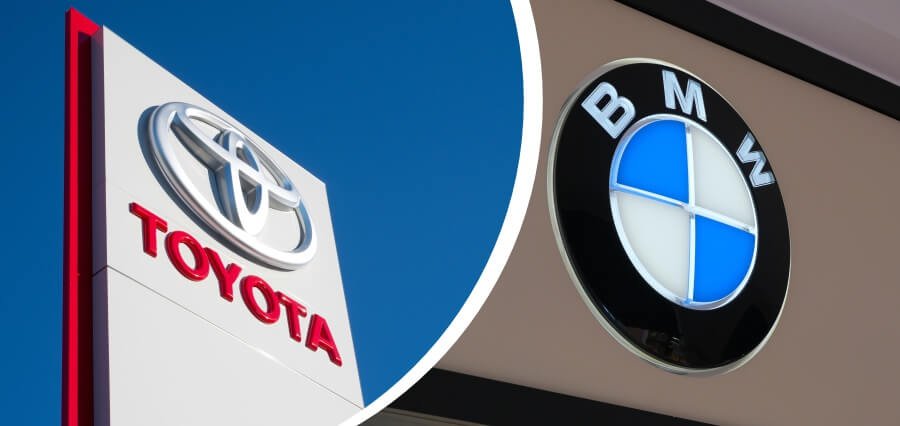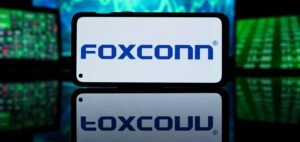Toyota Motor Corporation and BMW Group have formalized an agreement to deepen their collaboration in the hydrogen sector, with the goal of fostering a hydrogen society and achieving comprehensive carbon neutrality. This partnership builds on over a decade of joint efforts in developing environmental technologies, including fuel cells and sports cars.
The primary focus of this collaboration is the development of a third-generation fuel cell system. This advanced technology will be incorporated into models from both companies, providing customers with a diverse array of fuel cell electric vehicles (FCEVs). BMW plans to introduce its first mass-produced FCEV by 2028, marking a significant milestone in the evolution of hydrogen-powered vehicles.
The partnership will also streamline development and procurement processes to drive down costs by consolidating powertrain units. This integration aims to enhance both the commercial and passenger vehicle markets, facilitating greater efficiency and affordability in the adoption of hydrogen technology.
A critical component of this initiative is the establishment of sustainable hydrogen supply networks, which are essential for the realization of a hydrogen society. Both Toyota and BMW recognize the importance of collaborating with like-minded partners to foster a robust hydrogen supply chain. Their efforts will include creating demand for hydrogen, partnering with hydrogen-producing companies, and working with distribution and refueling facilities to ensure a stable supply and reduce overall costs.
Koji Sato, President of Toyota, expressed his enthusiasm for the partnership, highlighting the shared commitment to automotive innovation and environmental stewardship. “We are pleased to collaborate with BMW, a partner who shares our passion for cars and our belief in ‘technology openness’ and a multi-pathway approach to achieving carbon neutrality. This collaboration will enhance our joint efforts in developing next-generation fuel cell systems and expanding hydrogen infrastructure, moving us closer to realizing a hydrogen society.”
Hydrogen is increasingly recognized as a viable solution for global decarbonization and as a means of storing renewable energy, which is often variable. Toyota’s strategic goal is to be the industry leader in localized management, adapting its approach to meet the specific needs and conditions of different markets and consumers.
Through this partnership, Toyota and BMW aim to leverage their combined expertise and resources to accelerate the development and adoption of hydrogen technology, ultimately contributing to a more sustainable and carbon-neutral future.








